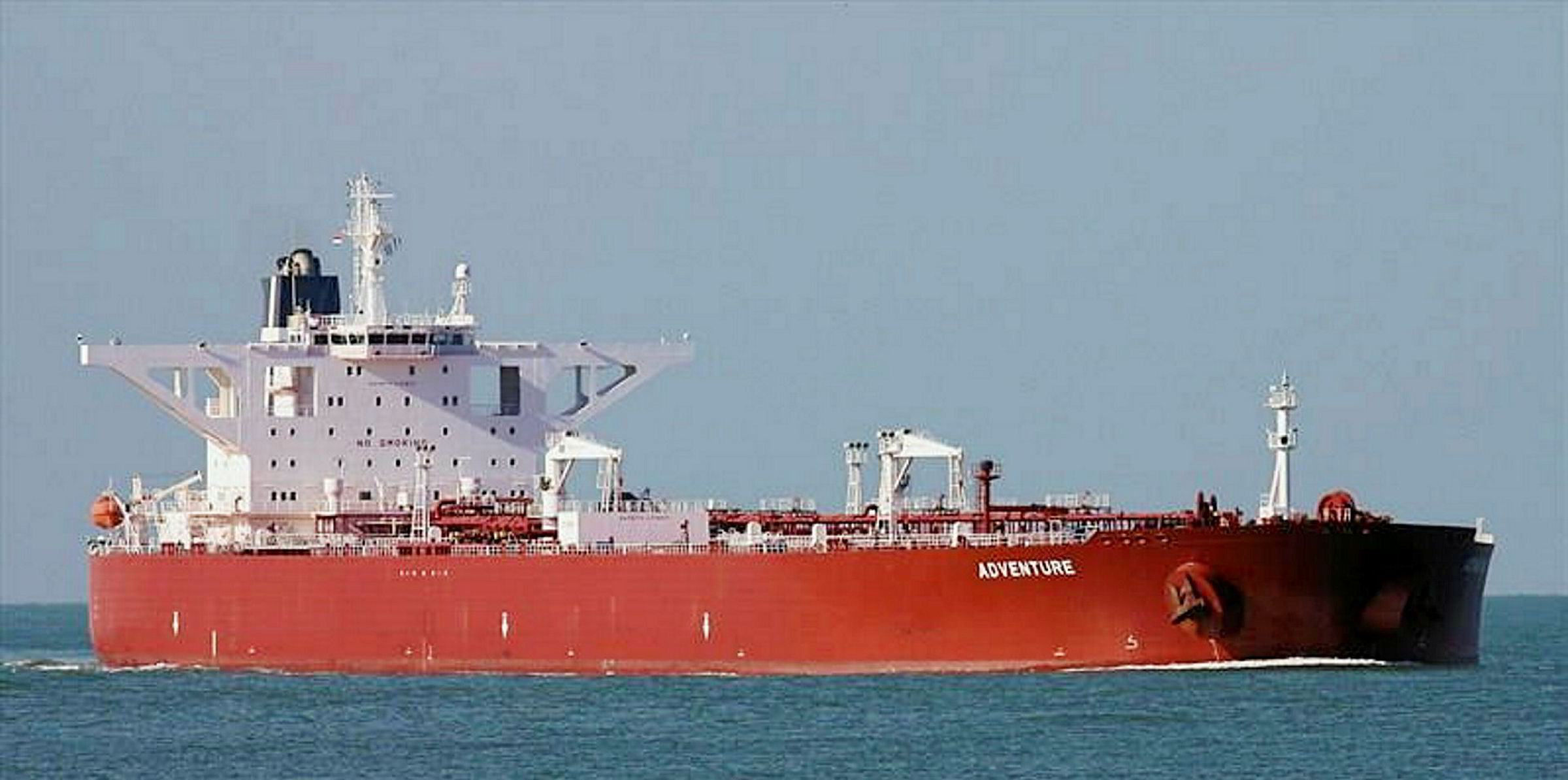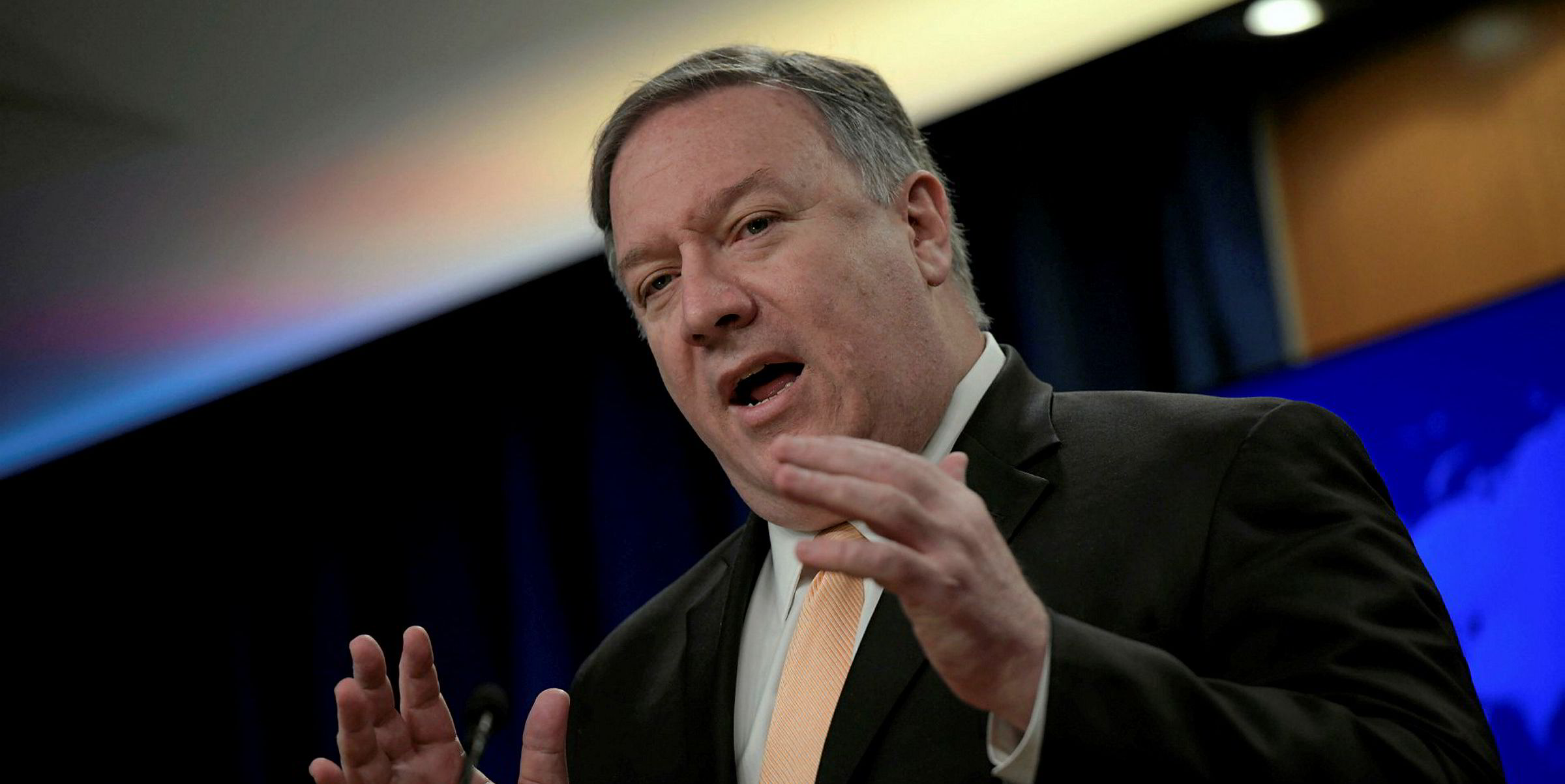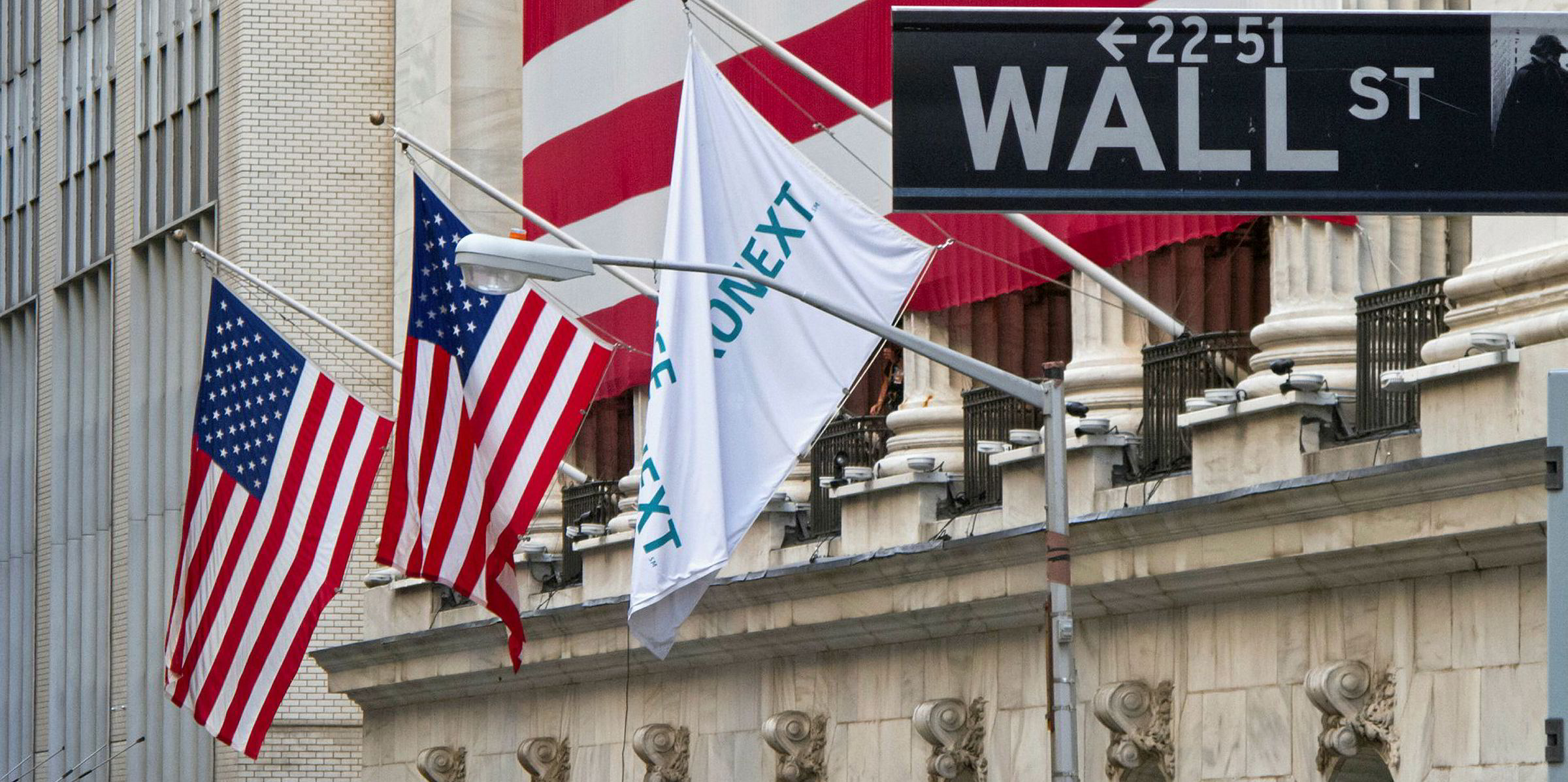VLCC forward freight agreements are jumping on forecasts that vessel supply will tighten in the Middle East Gulf amid geopolitical tensions.
Six tankers have been attacked near the Strait of Hormuz since May, leading to heightened tension between Iran and the US in the region.
Based on the Baltic Exchange’s assessments, the July contract for benchmark TD3C Middle East-China route closed at $24,854 per day on Thursday, up a whopping $8,120 from the previous day.
In terms of Worldscale points, the TD3C rate rose to WS 49.9 from WS 42.1.
“The paper market reacted immediately to news of tanker attack,” Arctic Securities said.
“While this partly reflects the expectation of higher bunker and insurance costs, to be covered by freight, we also believe that the market is interpreting the latest event as bullish for rates on a timecharter-equivalent basis.”
“The knee-jerk reaction from charterers would be to accelerate bookings. Owners, on the other hand, will probably raise the bar for sending tonnage in.”
“The expansion of loading areas [in other regions]…should make their decision an easier one. In sum, this should serve to tighten up the Middle East Gulf market and begin to create an upward push on rates. “
With the jump in paper values, brokers have adjusted their assessments of spot VLCC earnings upwards despite physical trading has largely come to a halt.
Clarksons Platou assessed VLCC earnings at $16,100 per day as of Friday morning, up 15.9% from a day earlier.
Aside from a small number of Greek owners and international oil majors, most tanker owners have taken a wait-and-see approach in terms of fixing more spot charters, according to market sources.
“Many owners await information from their protection and indemnity clubs, and quotes for additional war risk premiums,” said a broker.
DHT Holdings, Sovcomflot, Trafigura and Heidmar are said to have outright suspended their freight business for Middle East as of Friday.
When asked to comment, Trafigura said it is assessing the situation. Sovcomflot declined to comment. Emails to the other two companies are yet to be responded.
Cosco Shipping Energy Transportation, the world’s second largest crude tanker owner by capacity, needs to confirm insurance costs before sending more vessels to Middle East, according to an official familiar with the company.
“Hopefully the situation can become clearer next week,” the official said.





